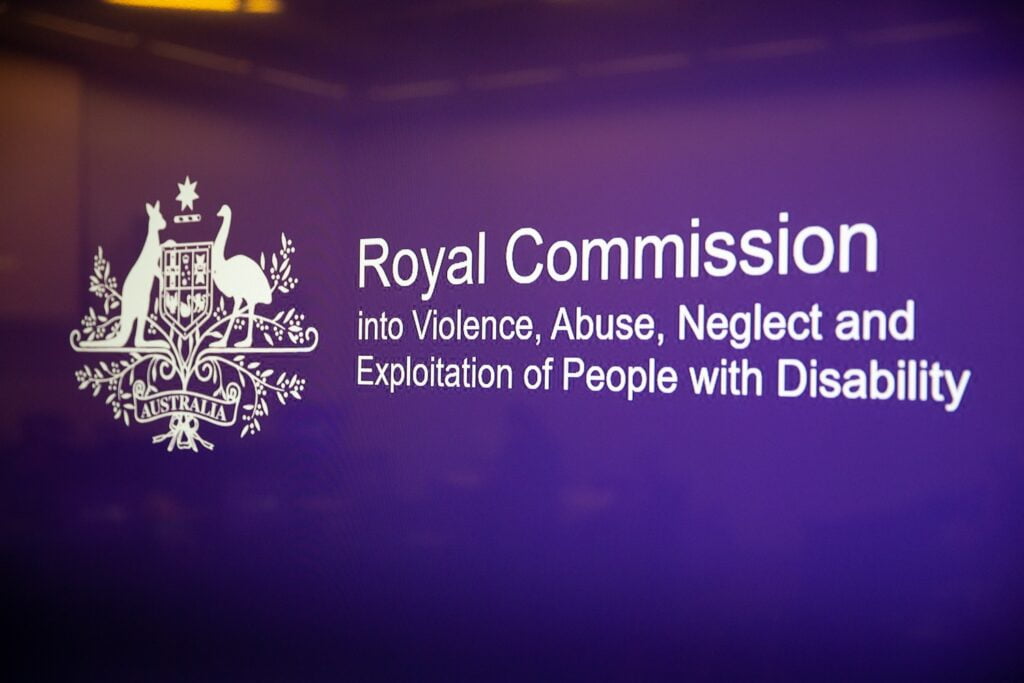Two years ago the Disability Royal Commission issued a statement of concern about the impact of the pandemic on people with a disability asking Australian governments to ensure the safety, health, and well-being of people with disability, especially for people living in disability residential settings and people with cognitive disability.
It wasn’t until April 2021 that the Federal Government accepted 21 of the 22 recommendations and still, the rollout of vaccines is seriously deficient and people with disability have been de-prioritised!
…. the pandemic continues to expose the underlying inequities, discrimination and exclusion that people with disability experience in the delivery of fundamental services and supports’
Chair of the Royal Commission, the Hon Ron Sackville AO QC

The Disability Royal Commission found a shocking and ongoing lack of preparation for Omicron.
The issues:
- Overall de-prioritisation of people with disability and lack of regard for their health and wellbeing, indicating a lack of systemic preparedness and service coordination.
- Significant data gaps and reporting in relation to vaccination rates and the rates of infection and mortality of all people with disability. Concerns around language used by governments in the public reporting of deaths relating to COVID-19, with respect to the underlying health status of individuals.
- Access to vaccinations and boosters for people with disability and disability support workers across the whole community and in all regions, and insufficient levels of immunisation when restrictions were eased and during the current wave.
- Severe disruptions to disability services and essential supports due to furloughing of staff, fears around transmission and a lack of access to testing.
- Access to essential health services and fears of health rationing as health care systems become inundated. Access to newly approved anti-viral medications.
- Lack of equipment (rapid antigen tests, PCR tests, Personal Protective Equipment) and support and guidance for effective infection prevention and control. Lack of accessible testing tools and accessible public health information or interpreting services for some people with disability.
- Concerns with managing COVID-19 in the home for people for disability.
- Lack of adequate and meaningful consultation with the disability sector and people with disability to inform this phase of the pandemic response.
- Fears and isolation for people with disability, needing to shield at home for extended periods, with anxieties about both potential infection from those providing critical support to meet basic needs, and, conversely, a lack of access to these critical services.
- Reduced formal and informal oversight mechanisms in closed residential settings for people with disability, with an increase in the risk of violence, abuse, neglect and exploitation.

